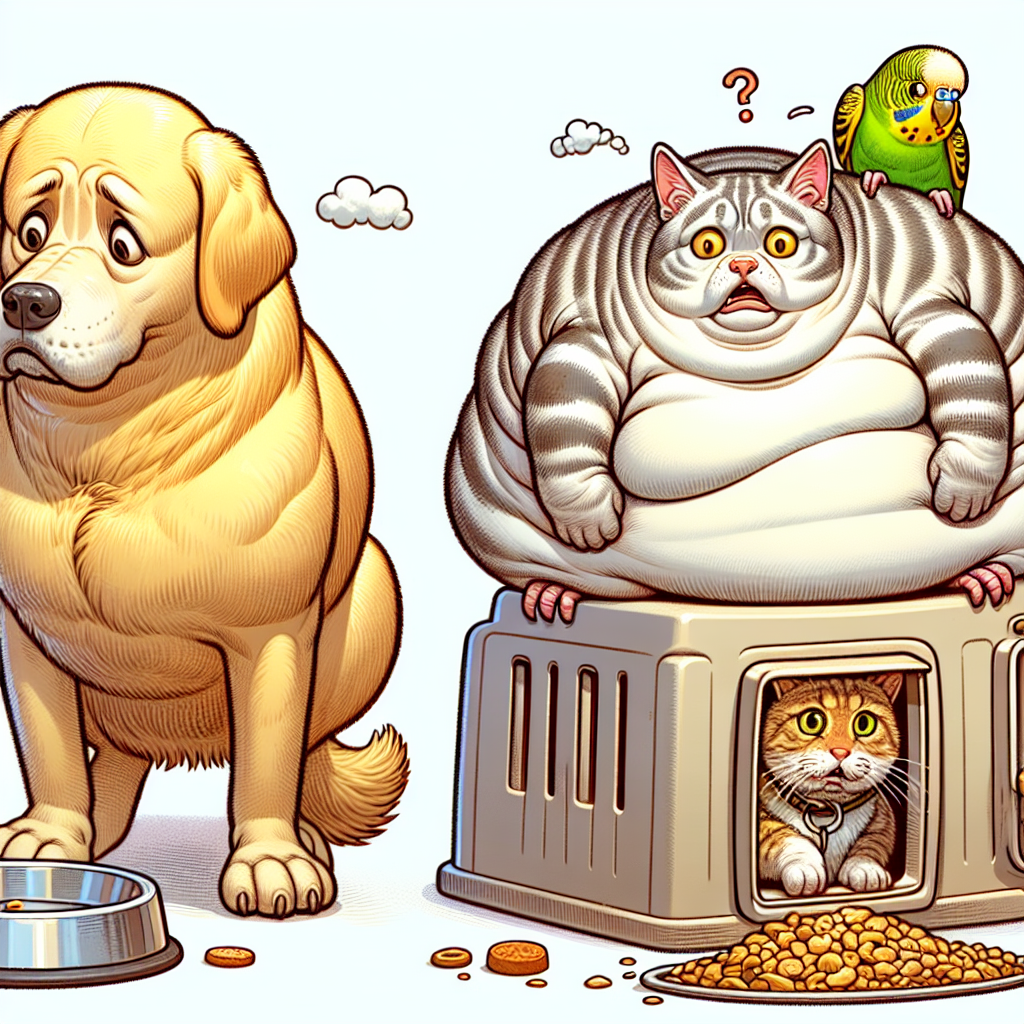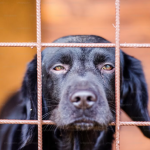
The Crisis of Pet Obesity and Its Broader Implications on Animal Welfare and Health
As awareness of human health and wellness grows, so too does our understanding of pet health. One of the rising concerns in this arena is pet obesity, an issue that mirrors the human obesity epidemic. Pet obesity is not merely an aesthetic concern; it poses significant health risks and impacts the overall quality of life for our furry companions. This article looks into the burgeoning crisis of pet obesity, its contributing factors, and broader implications on animal welfare.
The Growing Epidemic of Pet Obesity
Recent studies and data collected from veterinary clinics show an alarming trend in pet weight gain. According to the Association for Pet Obesity Prevention, nearly 60% of cats and 56% of dogs in the United States are categorized as overweight or obese. This trend is not limited to the United States, as similar statistics are emerging from veterinary networks across the globe.
Increased caloric intake, combined with decreased physical activity, is the primary driver of this trend. As pet owners indulge their pets with high-calorie treats and fail to provide the necessary physical activity, animals inevitably pack on the pounds.
Health Risks Associated with Pet Obesity
- Diabetes: Just like in humans, obesity in pets increases the risk of developing diabetes. Overweight animals are less sensitive to insulin, which can lead to the disease.
- Joint Problems: Excess weight places additional stress on joints, leading to conditions like arthritis and hip dysplasia, particularly in larger dog breeds.
- Heart Disease: Obesity can contribute to an increased risk of cardiovascular diseases as excess fat can cause changes in heart function.
- Decreased Life Expectancy: Studies have shown that obesity can shorten the life of dogs and cats significantly, sometimes by up to two years.
Contributing Factors
Diet and Exercise
The main culprit of weight gain is an imbalance between the calories consumed and calories burned. Many pet foods on the market today are calorie-dense and small portions may provide more energy than a sedentary pet needs. Without adequate exercise to burn these calories, weight gain is inevitable.
Human Influence
Pet owners often project their eating habits onto their pets. As human lifestyles grow more sedentary, so too do our pets’. Additionally, pet owners sometimes feed their companions out of an emotional response, misinterpreting a pet’s behavior as a demand for food rather than attention or affection.
Addressing the Issue: What Can Pet Owners Do?
Consult a Veterinarian
The first step in managing a pet’s weight is consultation with a veterinarian. Routine check-ups can help identify if a pet is overweight and assess overall health. A vet can provide a comprehensive weight management plan that includes diet changes and exercise regimens tailored to the pet’s needs.
Conscious Feeding Practices
- Measure Portions: Instead of free-feeding, pet owners should serve measured portions tailored to their pet’s dietary needs.
- Choose Quality Foods: Opt for foods that are high in nutrients but low in empty calories. Many brands offer ‘light’ or ‘weight management’ formulas.
- Treat Wisely: Treats should be given sparingly. Consider offering healthy alternatives such as carrot sticks or specific low-calorie pet treats.
Encourage Physical Activity
Regular exercise is crucial not only for weight management but also for mental stimulation. Activities should mimic the animal’s natural behaviors; for example, walking and running for dogs, or using climbing structures for cats.
Conclusion: The Broader Implications for Animal Welfare
The crisis of pet obesity is more than an individual health issue; it reflects broader societal trends in how we perceive and care for our animal companions. Increased awareness and adjusted care strategies hold the potential to improve not only the lifespan but also the quality of life for pets worldwide. Moreover, managing pet obesity requires a joint effort from pet owners, veterinarians, and the broader community to ensure that animals receive the care they deserve. Through concerted educational and community efforts, we can create a healthier future for our pets, enhancing the bond we share with them.
For more information on how to help your pets maintain a healthy weight, visit the Association for Pet Obesity Prevention.




